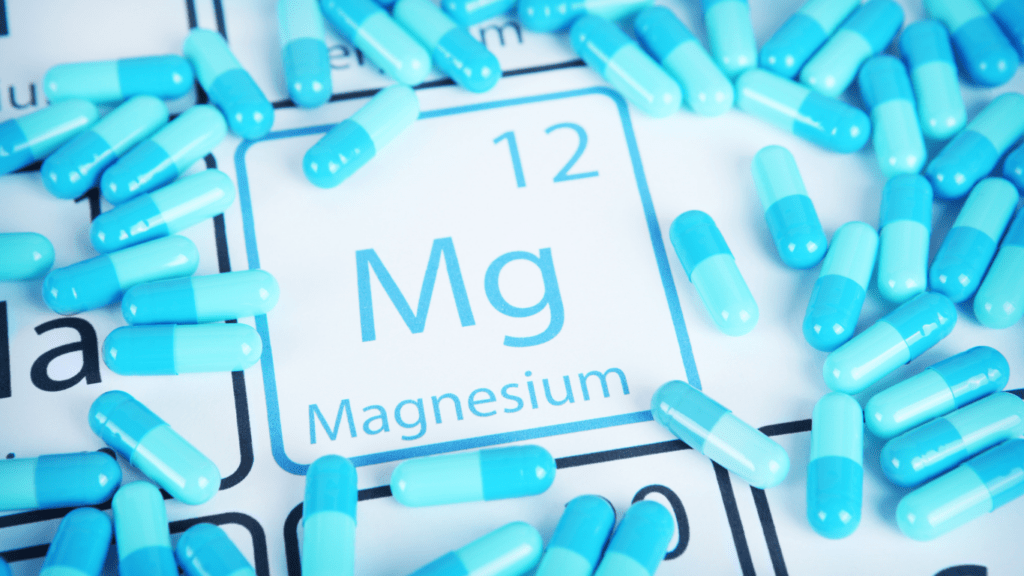Getting a good night’s sleep feels like an impossible dream for so many of us. With busy schedules, endless screen time, and daily stress, drifting off peacefully can seem harder than ever. But in 2025, the world of sleep enhancers has taken a leap forward, offering solutions that truly deliver rest and recovery.
The Importance Of Quality Sleep
Quality sleep impacts physical health, mental clarity, and emotional resilience. During deep sleep phases, the body repairs tissues, strengthens the immune system, and consolidates memories. Inadequate sleep disrupts these processes, increasing the risk of chronic conditions like:
- diabetes
- heart disease
- anxiety
Most adults require 7-9 hours of uninterrupted sleep to maintain optimal functioning. Sleep deprivation leads to reduced focus, slower reaction times, and impaired decision-making. Enhanced sleep quality promotes productivity and boosts energy levels throughout the day.
Circadian rhythm alignment is crucial for consistent sleep patterns. Exposure to artificial light in the evening interferes with melatonin production, delaying sleep onset. Creating an environment with dim lighting and minimal disturbances helps regulate the sleep-wake cycle effectively.
What Are Sleep Enhancers?
Sleep enhancers are tools, substances, or practices designed to improve sleep quality and duration. They range from natural remedies, like melatonin and magnesium supplements, to advanced technologies, such as smart sleep trackers and sound machines. These solutions target common sleep disruptors, including stress, irregular sleep patterns, and environmental disturbances.
Natural sleep enhancers include herbal teas with chamomile or valerian root, essential oils like lavender, and sleep-supporting dietary supplements. Many people prefer natural options for their minimal side effects and ability to promote relaxation.
Technology-based enhancers offer innovative approaches, with wearable devices monitoring sleep cycles and providing actionable insights. Gadgets like white noise machines and smart lights create optimal sleep environments by reducing distractions and supporting the body’s circadian rhythm.
Lifestyle-related enhancers focus on habits and routines that improve sleep hygiene. This includes maintaining consistent sleep schedules, reducing blue light exposure before bed, and practicing mindfulness techniques like meditation. These methods align the body with its natural sleep-wake cycle.
Key Features Of Effective Sleep Enhancers In 2025

Effective sleep enhancers in 2025 combine natural solutions, cutting-edge technology, and robust scientific research. These features ensure better sleep quality and cater to various sleep-related needs.
Natural Ingredients
- Many sleep enhancers rely on naturally-derived ingredients with proven benefits.
- Melatonin supplements remain popular for regulating sleep-wake cycles.
- Magnesium, known for its calming effect, helps relax muscles and nerves.
- Herbal options like chamomile, valerian root, and passionflower promote relaxation and reduce anxiety.
- Essential oils, such as lavender and bergamot, are used in aromatherapy to create a soothing environment.
These natural components offer gentle, non-invasive solutions.
Advanced Technology Integration
Innovative technology improves sleep enhancers by offering personalized, adaptive features. Smart devices, such as sleep trackers, monitor metrics like heart rate, REM cycles, and breathing patterns. Smart mattresses adjust temperature and firmness for optimal comfort. White noise machines and adaptive soundscapes minimize disturbances, while light therapy devices regulate circadian rhythms by simulating natural light transitions. AI-driven apps provide tailored insights and recommendations based on individual sleep data.
Clinical Backing And Research
Clinical research underpins the effectiveness of modern sleep enhancers. Double-blind studies validate the safety and efficacy of natural supplements. Peer-reviewed studies confirm the benefits of emerging technologies like light therapy and AI-powered monitoring systems. FDA approvals and certifications enhance credibility, ensuring users can trust the solutions. Ongoing studies explore new formulations and devices, expanding the scope of sleep aid innovations.
Top Sleep Enhancers That Actually Work
In 2025, sleep enhancers blend natural remedies, smart technology, and scientifically-backed tools to promote better rest. These enhancers target various aspects of sleep quality, offering tailored solutions for different needs.
Herbal Supplements
Herbal supplements remain a reliable option for improving sleep with minimal side effects. Chamomile and valerian root, for example, reduce anxiety and promote relaxation through their sedative properties, making them effective for unwinding before bedtime. Lavender-based supplements often lower heart rates and foster deeper sleep. Many incorporate melatonin and magnesium, two widely studied compounds that regulate sleep-wake cycles and reduce stress.
Smart Sleep Devices
Smart sleep devices use advanced technology for tailored solutions. Wearable trackers provide insights by monitoring heart rate, sleep stages, and nighttime movement. Adjustable smart beds optimize support and temperature for comfort. Sound machines with adaptive features sync with sleep cycles to craft an ideal auditory environment. These devices are valuable for anyone seeking scientifically-informed sleep assistance.
Relaxation Apps And Tools
Apps and digital tools for relaxation focus on mindfulness and stress reduction. AI-powered platforms offer guided meditation programs and breathing exercises that align with users’ sleep goals. Blue-light blockers included in some apps protect melatonin levels during evening screen use. Tools like white noise generators and binaural beat players help individuals struggling with falling or staying asleep.





